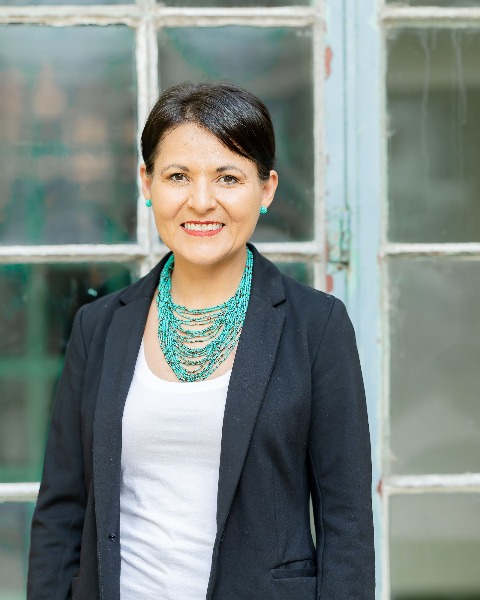International and Cross Cultural Evaluation
A story to tell: Case studies from a Global Developmental Evaluation
-

Susana Morales, MA
Director of Community Health
Texas Health Institute
Austin, Texas, United States
Presenter(s)
Location: Room 309/310
Abstract Information: The Building Institutions and Networks Initiative (BUILD) was launched by the Ford Foundation in 2016 with the goal of strengthening the long-term capacity and sustainability of 300+ social justice organizations around the world in order to more effectively achieve their core missions and reduce inequality. In essence, BUILD offers flexible, multiyear funding with a dedication to institutional strengthening. In February 2018, the Ford Foundation commissioned a Developmental Evaluation to assess whether and how BUILD was achieving its goal of enhancing the ability of social justice organizations to become stronger and achieve impact. The evaluation aimed to foster understanding within the Ford Foundation and throughout the field of philanthropy about how the BUILD grantmaking approach can contribute to social justice, especially in contrast to more commonly restricted, short-term funding. To capture the stories of institutional strengthening, mission impact, and organizational resilience across a wide diversity of organizations, we developed a case study approach. There were a total of seven case studies involving in-depth interviews and site visits with 56 grantee partners of the Ford Foundation BUILD Program. The stories we heard were about partners’ experiences in advancing social justice in complex environments; the opportunities, challenges and obstacles they have encountered; and, most importantly, their resilience and commitment to the communities these organizations serve. In this presentation, we present three case studies: Organizations going through a leadership transition, networks and grassroots mobilizing organizations, and organizations founded and historically led by People of Color. In organizations going through a leadership transition the story we heard was about the stability and security that long-term flexible funding affords to new leaders as they build their organizations to pursue social justice. New executive directors talked about the role of predictable and stable funding in providing the space to think about strategy and to bring “real intentionality” to this focus “rather than breathing out of a fire hose.” The highly challenging mix of the Covid pandemic and the continuing racial justice reckoning in the U.S. exacerbated the disproportionate expectations and pressures placed on Leaders of Color - particularly women Leaders of Color - to succeed. In networks and grassroots mobilizing organizations the story we heard was one of amplification. These types of organizations used their support from the Ford Foundation to strengthen their members/partners/constituents as well as their relationships with and among those members/partners/constituents. It was a story of sharing, mutual benefit, and shared mission leading to more impactful work in a variety of social justice spaces. In organizations founded and historically led by People of Color the story we heard was these organizations are deeply rooted in social justice and profoundly connected to the communities they serve by their work and engagement in civil rights and they constantly face structural challenges in philanthropy. BUILD is changing narratives and journeys and that story is worth sharing.
Relevance Statement:
Learning Objectives: 1. Participants will learn how to use developmental evaluation principles and practices to learn and reveal the collective story of diverse and heterogeneous environments. 2. Participants will learn how the stories from grantee partners elevated understanding of organizational resilience and impact and have shaped the on-going conversation about effective and trust-based philanthropy. Developmental evaluation is an approach to evaluation that seeks to support innovation development and guide adaptation to emergent and dynamic realities of complex environments. It provides real-time feedback, centers on the values and commitment of the innovators, and develops measures as outcomes emerge while responding to unfolding processes and contexts. Each case study was adapted in progress, using principles of developmental evaluation, and learnings were captured and shared with funders for implementation changes in real-time. Three times over the four-and-a-half-year evaluation grantee partners were invited to come together to hear the data and interpret it vis-a-vis their own stories. In this way our evaluation enabled the grantee partners’ stories to influence the funder who changed how it implemented its initiative.
